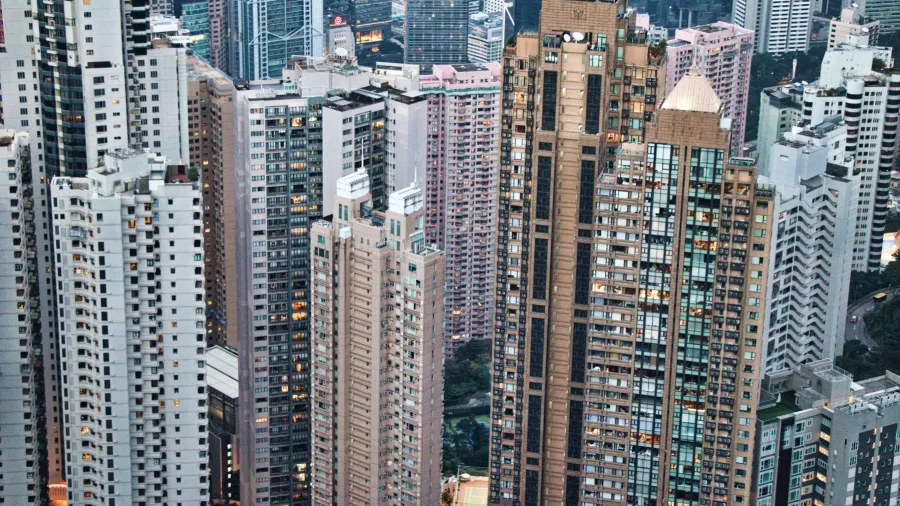
Net-zero targets uncover HK’s need to increase retrofitting rate: JLL
The city’s real estate sector accounts for 60% of its carbon emissions.
Hong Kong will need to speed up retrofitting 85% of its buildings to reach its net-zero targets, property consultant JLL reported.
The real estate sector in Hong Kong accounts for 60% of the overall carbon emissions in the city. This is the same level as the average emissions seen across 32 urban centres across the globe, but higher than the 40% estimate of the World Green Building Council.
"Buildings are both the problem and the solution for our climate crisis, and partnerships between the private and public sector are critical to driving tangible progress in decarbonising the economy. For Asia Pacific, this is especially important in cities like Hong Kong, where 85% of buildings are over 10 years old and extensive retrofitting is required of existing building stock. Yet no targets have been set to decarbonise buildings,” Kamya Miglani, Head of ESG Research, Asia Pacific, JLL, said.
“If this doesn’t happen, we can expect local governments to introduce heavy regulation and penalties on building standards – there will be winners and losers as cities race to net zero carbon.”
In its “Decarbonising Cities and Real Estate” report, JLL found a significant gap between policies in cities, the impact of the industry, and the climate science. This calls for a fast response to limit the impact of climate change.
“Even with a current rate of between 300 and 500 new buildings under construction in Hong Kong each year, between 60% and 80% of the buildings that will be in existence in 2050 are already standing,” Helen Amos, Head of Sustainability at JLL in Hong Kong, said.
“The buildings are not efficient enough to comply with future carbon reduction targets. Retrofitting the existing building stock to net-zero carbon is central to decarbonizing a city’s economy. Given that Hong Kong is slow to implement strict standards on new builds, the city should accelerate the pace of retrofitting rate to over 3.5% per year.”
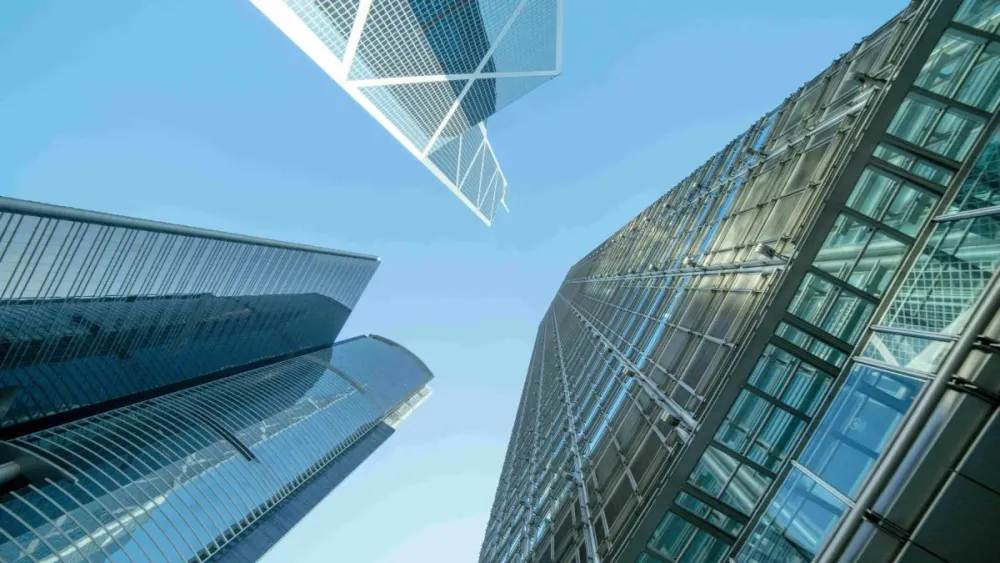
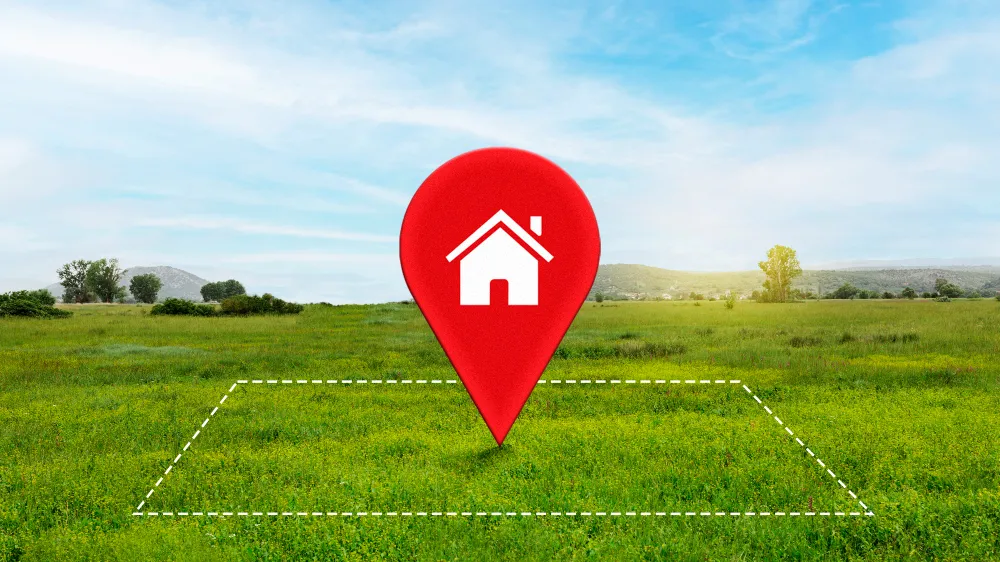

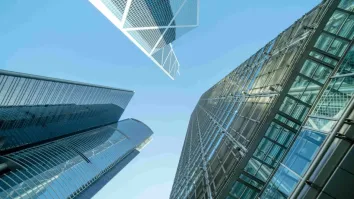

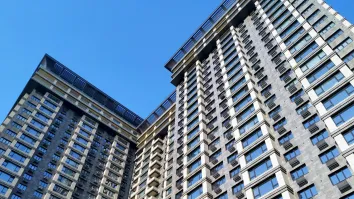













 Advertise
Advertise










